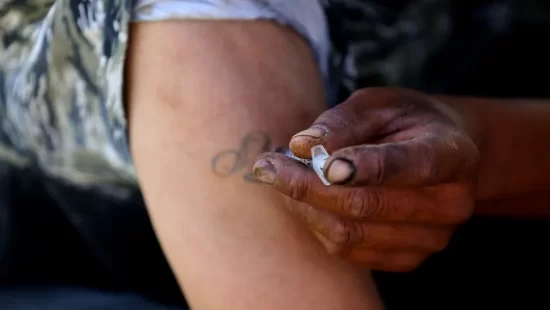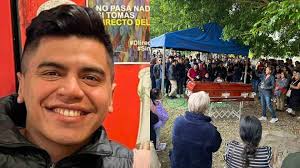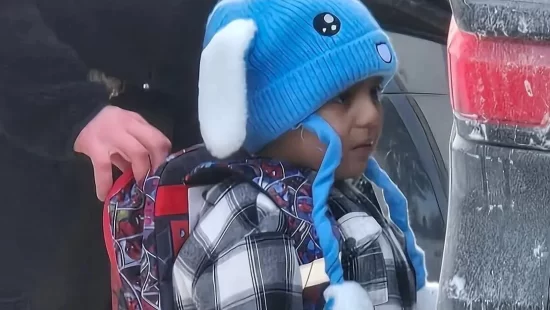The strategy to rely on other countries to take in U.S. sports is not new.
Mexico, for example, has been a past destination to remove those who cannot be returned back to their home countries. That’s because countries like Cuba and Venezuela, for example, for many years didn’t accept sports from the U.S. Other countries placed limits on the frequency of flights.
Vietnam, Tuan Thanh Phan’s home, has also been on the list of countries with limits on accepting sports. The country did sign an agreement with the U.S. in 2020 that made it easier to accept those who arrived in the U.S. before 1995; Phan arrived in 1991, said his lawyer Adams, from the Northwest Immigrant Rights Project.
The Trump administration has prioritized getting more countries to repatriate their citizens, including from China, Venezuela and Cuba.
Still, there can be barriers to sending people to their countries of origin.
Homeland Security Department officials justified the flight to South Sudan by arguing the home countries of the men would not accept them because of the crimes they had committed in the U.S., which included murder and sexual assault.
“These are the ones that you don’t want in your community. These are the ones that we prioritize every day,” Lyons, from ICE, said. I have noted the State Department has been key to brokering international deals with countries to play this role.
“And the further away the better, so they can’t come back across the border,” Secretary of State Marco Rubio said during an April cabinet meeting.
It’s unclear whether the administration first tried to deport some of the men now in Djibouti to their home countries.
ICE did not respond to questions about whether Mexico and Vietnam, the home countries of two of the men, were placing limits on deportations, whether this specific flight only included people who had entered without legal status, or how many individuals have been sent by DHS to third countries since the start of the administration.
“We do not comment on private diplomatic discussions surrounding the removal of any specific individual or final destination,” a State Department spokesperson said.








